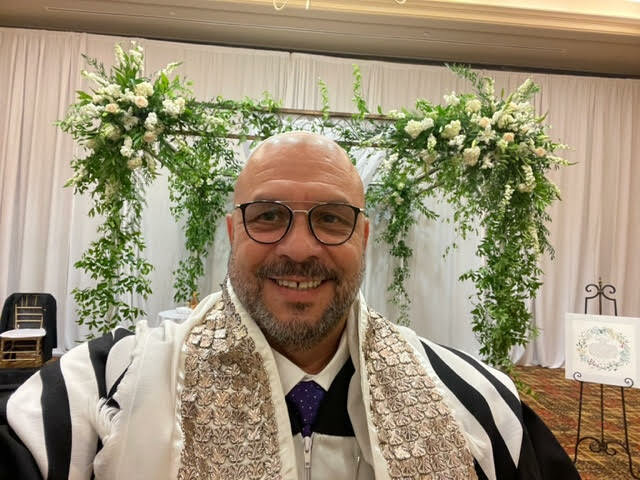A Rosh Hashana message from Rabbi Shai Beloosesky
At sundown on Sunday, Sept. 15, the Jewish holiday of Rosh Hashana begins.
Known as the “Jewish New Year,” it kicks off a 10-day journey of self-evaluation, self-improvement, and lots of apologizing. In Judaism, it’s a time of repentance called teshuvah (the action of repenting with sincere regret or remorse).
Jews are to use this time to do a bit of soul searching. to look in the mirror, reflect on our conduct, and own up to the wrongs we’ve done. That’s not all, though. Jews are commanded to confront the people they’ve hurt and to apologize to them.
G-d cannot forgive anyone for acts committed to others. The idea is to be accountable for our own actions and to fix them. The act of apologizing to the person we have hurt is not easy. It requires recognizing our imperfections and forethought. And even then simply saying the words can be incredibly challenging.
For those who are old enough to remember the 1970s sitcom “Happy Days,” you will remember how difficult it was for the Fonz to say, “I was wrong.” As he’d struggle through saying those three (easy) words, we would laugh. We saw ourselves in his character, and probably even remembered a moment when we grappled with the same thing.
It’s hard admitting our own faults.
Yom Kippur begins Sept. 24 at sundown, and ends on Sept. 25 at sundown. By this time, our obligation to apologize to others should be complete. It’s an intense 24 hours. We spend many of it in prayer. We ask G-d for forgiveness as we recite the selicha (forgiveness) prayer for the last time.
If you’re a sports fan, one could say Yom Kippur is the last inning stretch before G-d closes the Book of Life — the very book we are hoping to be inscribed into for the next year. Would our prayer be enough? Would our actions over the past year be worthy? As the cliche goes: “only G-d knows.”
Aside from healing ourselves during this time, we are also obligated to heal the world. It’s called tikkun olam. I am saddened by the continued overt hate directed against LGBTQIA+, people of color, and others who are part of a minority group. We can do more and be better neighbors to one another.
We are more powerful in love than we are in hate. How many of us know someone who has said something hateful but we stayed silent? How many of us ignore or excuse hate speech and don’t try to stop it?
When we are not actively repairing the wrongs around us, we are not healing. When we aren’t standing with those who are being targeted, we aren’t caring for our fellow humans. And, most of all, when we stay silent, we aren’t allowing everyone the right to justice, inclusion and respect.
We must always remember “love” is an action word.
Whether Jewish, non-Jewish, agnostic or atheist, the process of teshuvah teaches all of us that even if we make a mistake and hurt others, we have the opportunity and ability to make positive changes. We may not be able to fix our past, but we can learn from it and do better moving forward.
Each of us has the power and choice to spread light. In doing so, we provide warmth, love and healing.
In the words of Dr. Martin Luther King Jr., “Darkness cannot drive out darkness. Only light can do that. Hate cannot drive out hate. Only love can do that.”
As Jews around the world celebrate the New Year of 5784, I pray for light, warmth and love to spread over all of us like a mighty stream. May that water’s flow give us the sustainability to heal ourselves and the world around us.
May G-d bless you and keep you and inscribe you all in the Book of Life.
Rabbi Jeshayahu ‘Shai’ Beloosesky is the rabbi at Temple Avodah, a Reform synagogue at 3050 Oceanside Road.

 43.0°,
Partly Cloudy
43.0°,
Partly Cloudy 




